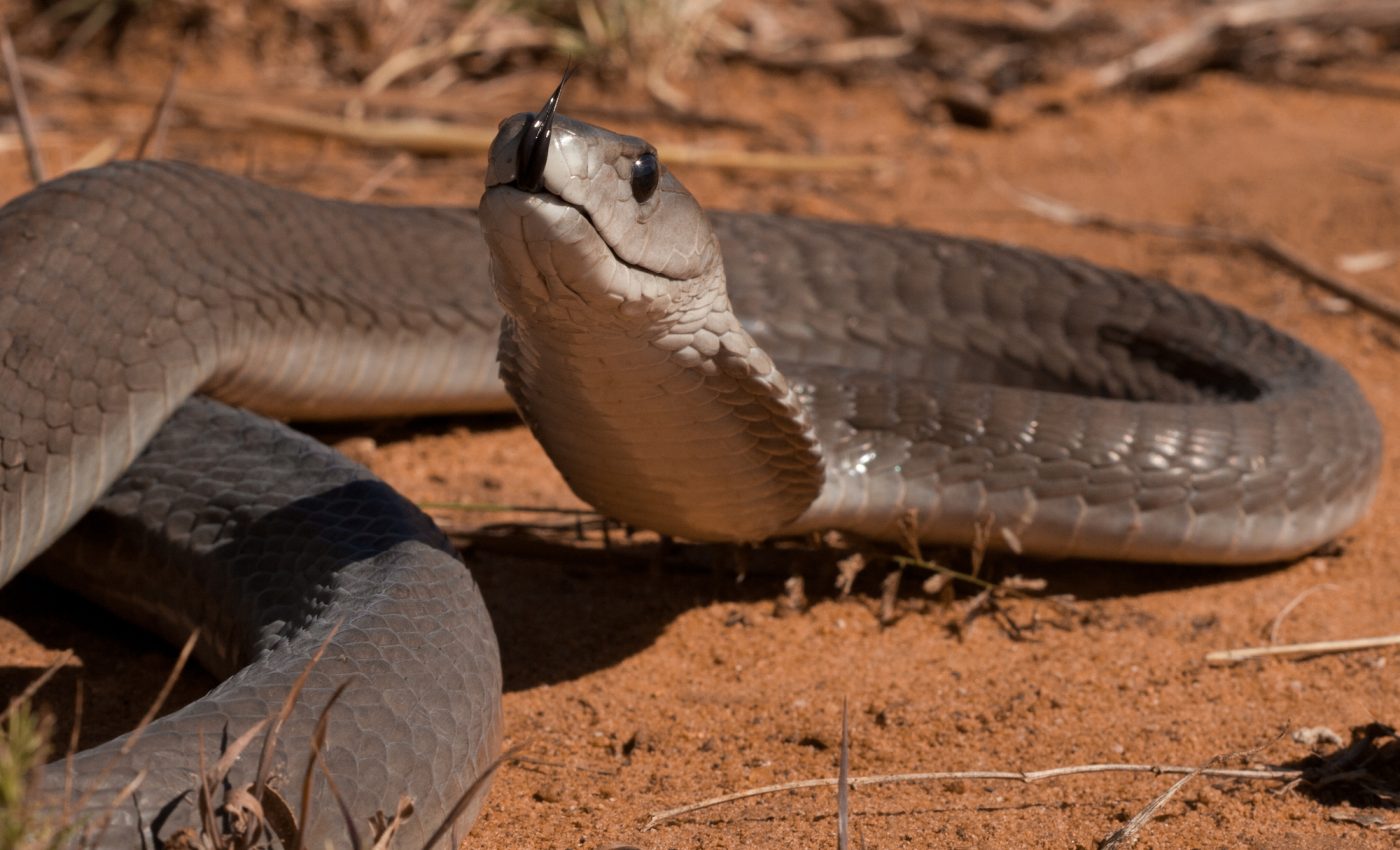
New antivenom may revolutionize snakebite treatment
Groundbreaking research from the Technical University of Denmark (DTU) has produced a new antivenom that is based on human antibodies. The experimental antivenom has been developed to counteract dendrotoxins from one of the most venomous snakes in the world, the black mamba, which is found in Africa.
Every year, more than 100,000 people die of snakebite envenoming and many more are disabled. Most snake bites occur in poor areas of the world, which means that the issue is not a primary focus for pharmaceutical companies.
DTU Professor Andreas Hougaard Laustsen said that the findings may lead to a paradigm shift in snakebite treatment.
“The leap forward in our experiments is that we used a biotechnological method to find and then propagate human antibodies in the laboratory to enable use in the treatment of experimental black mamba envenoming,” said Professor Laustsen.
“The method we employed can be used to discover human antibodies in the lab by simulating of the human immune system, so we can avoid injecting patients with snake venom to raise antibodies by immunization.”
The antibodies for the black mamba antivenom were identified using a library of human antibody genes extracted from white blood cells in donor blood. Professor Laustsen explained why it could still take years before the production of the antivenom outside of the lab.
“We have shown that it is possible to produce an experimental human-based antivenom against important toxins from one snake species, the black mamba. Before clinical testing of the antivenom on humans will make sense, it is relevant to develop more antibodies for the antivenom to give it a broader spectrum against several types of snake venom.”
If the research is successful, a doctor will be able to use the antivenom even in cases where the source of the snakebite is unknown. This has the potential to save many lives all over the world.
The study is published in the journal Nature Communications.
—
By Chrissy Sexton, Earth.com Staff Writer













